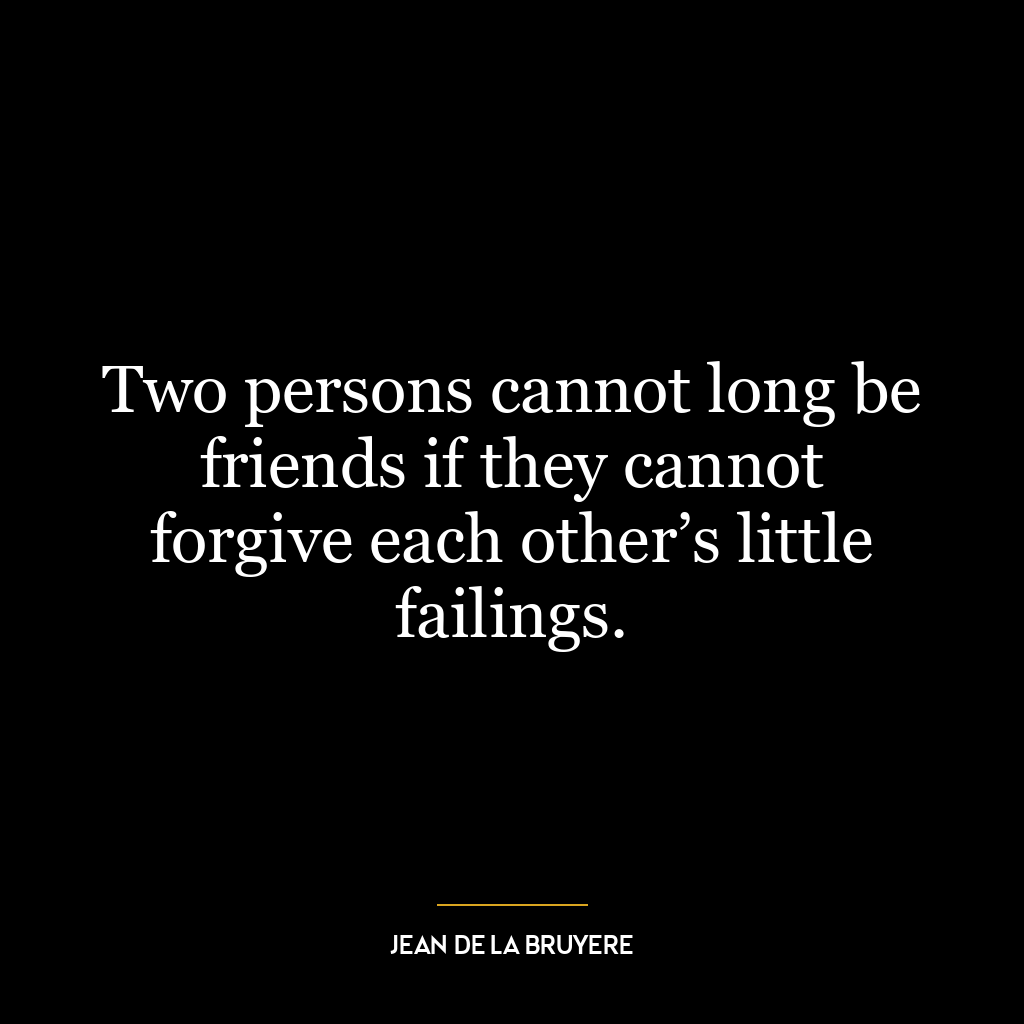It is very true. But even a traitor may mend. I have known one that did.
This quote, “It is very true. But even a traitor may mend. I have known one that did,” communicates the concept of redemption and personal transformation. It underscores the idea that no matter how grave someone’s mistakes or misdeeds are, there is always an opportunity to change for the better – to ‘mend’ their ways.
In this context, a traitor represents someone who has committed a serious wrong or betrayal. The assertion that even such an individual can mend implies that change and redemption are possible for everyone, regardless of past actions.
Applying this idea in today’s world or in personal development suggests that we should never write off anyone as irredeemable based on their past actions. Everyone has the potential to grow, evolve and improve themselves over time.
In terms of personal development, it encourages us not to be defined by our past mistakes but rather learn from them and strive towards betterment. This perspective fosters resilience because it allows individuals to view setbacks not as final judgments but as opportunities for growth.
In broader societal terms, this belief can influence policies related to rehabilitation versus punishment—such as criminal justice reform—and promotes understanding and empathy over judgment and ostracization.
However, it also raises challenging questions about accountability and forgiveness: How do we reconcile acknowledging serious wrongdoing with allowing space for change? What does meaningful transformation look like? And who gets to decide whether someone has truly mended their ways?
Ultimately though, this quote offers hope – hope that people can change; hope that mistakes do not define us; hope in the power of second chances – making it a powerful reminder of human capacity for growth and redemption.









